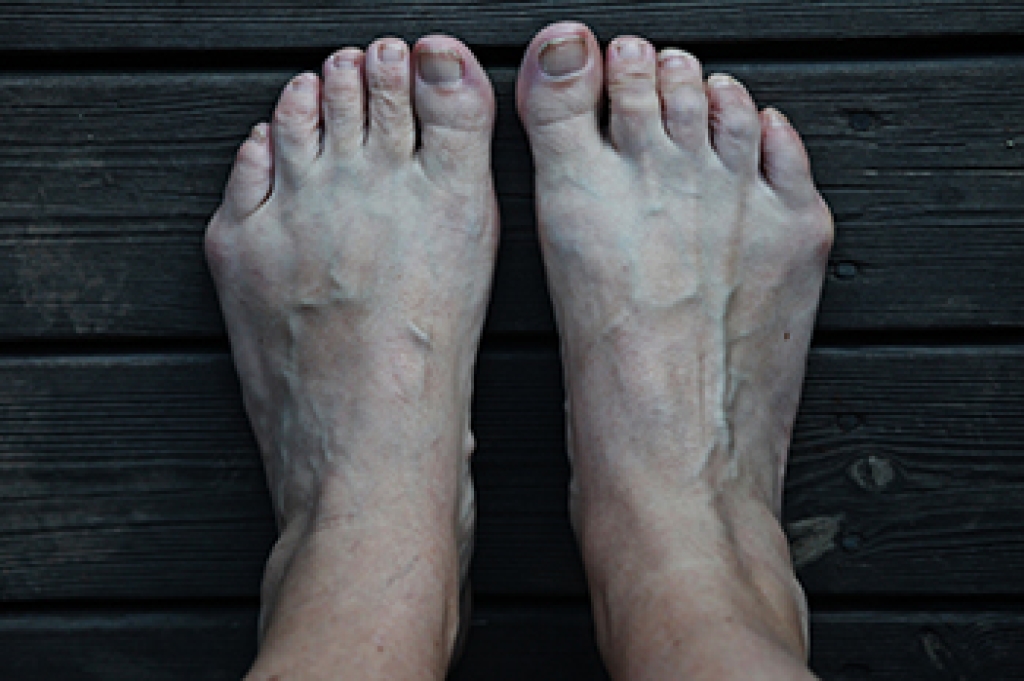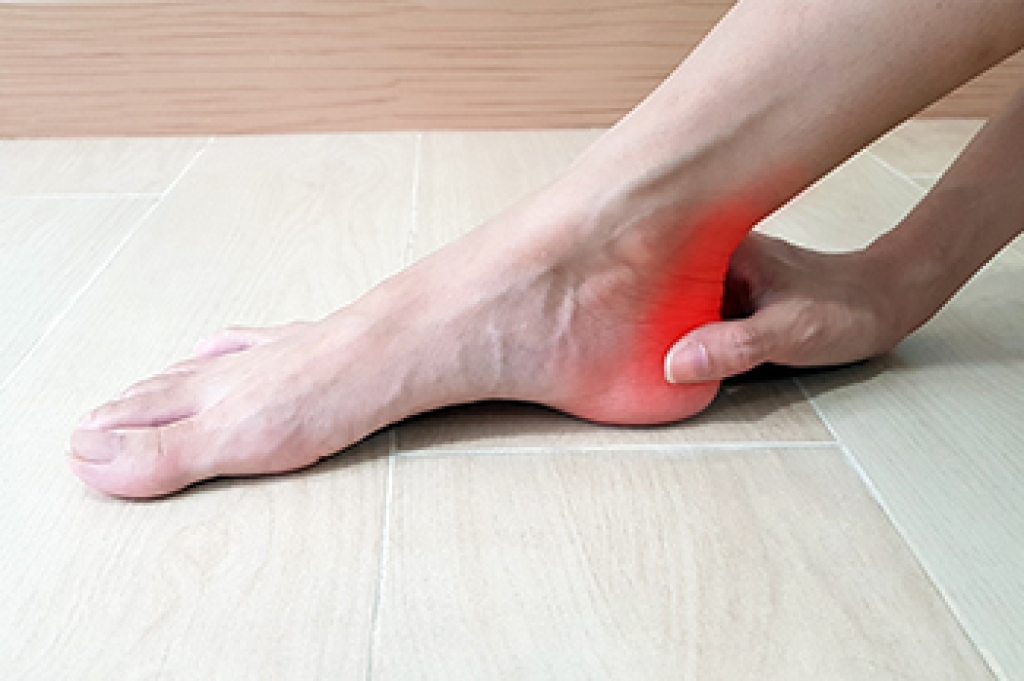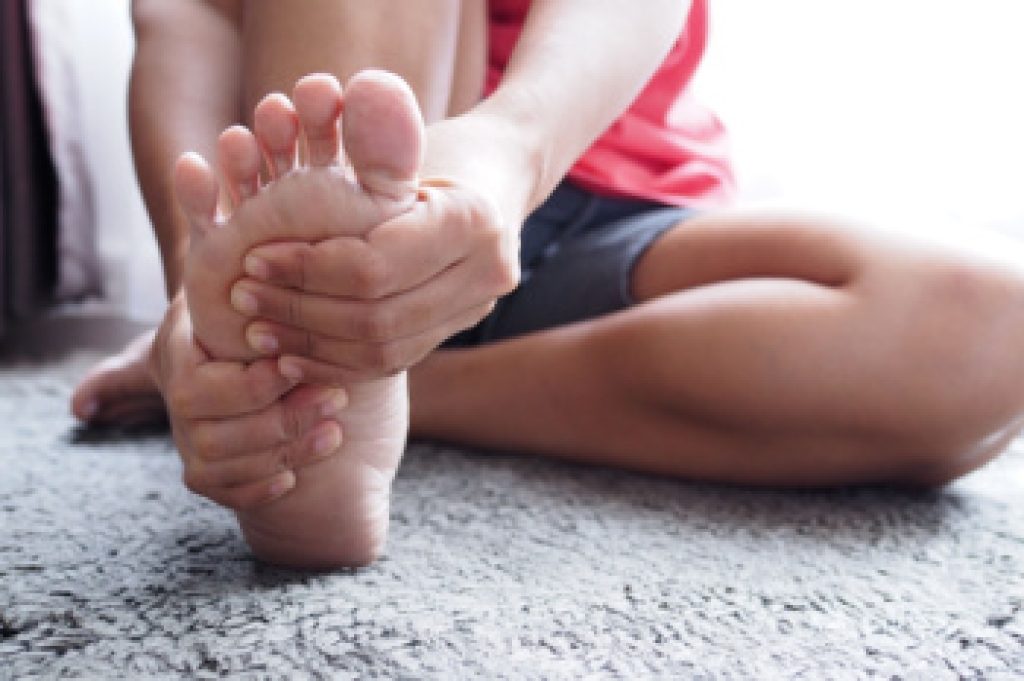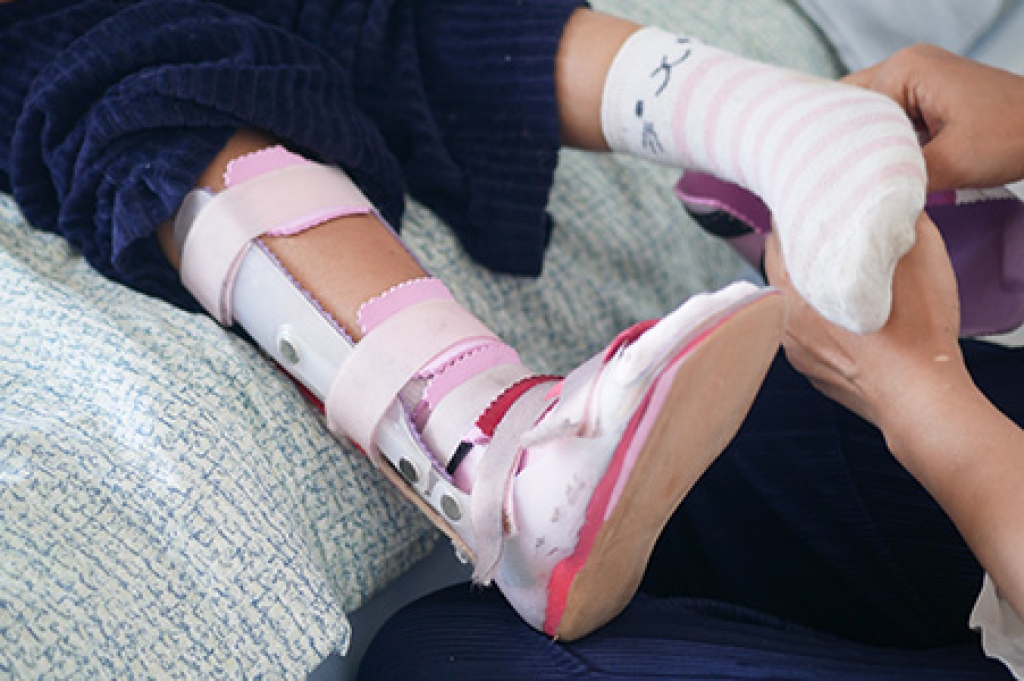
Picking the right running shoes is essential for comfort, injury prevention, and performance. The outsole is the bottom layer of the shoe, and provides traction durability and grip on different surfaces. The midsole sits above the outsole and offers cushioning, shock absorption, and stability during each step. Some running shoes include a carbon plate which adds propulsion energy return and efficiency for faster running. The tread pattern affects how the shoe grips the ground and can influence control on roads, trails, or tracks. Choosing the right combination of factors depends on foot type, gait, and running goals. A podiatrist can help by evaluating foot structure, movement patterns, and training needs to recommend proper footwear or custom inserts. If you have foot pain from running shoes, it is suggested that you consult a podiatrist who can treat various foot conditions, and guide you on the right shoes to wear for your running style.
You should always make sure your running shoes fit properly in order to avoid injury. For more information, contact Edward Orman, DPM from Honeygo Podiatry. Our doctor can provide the care you need to keep you pain-free and on your feet.
Choosing the Right Running Shoe for Your Foot Type
Improper shoe sizing can cause a myriad of problems for your feet. Shoes that don’t fit you properly can lead to muscular imbalances in your body, which can result in foot, knee, and hip injuries.
Tips for Finding the Right Running Shoe
- Make sure you have a thumb’s width of wiggle room between the end of your longest toe and the front of the shoe.
- There should be little to no slipping at the heel
- Don’t assume your size in one shoe brand will be your size in another
- Do not lace up your shoes too tightly
- Walk around in the store with your new shoes before you buy them
If you have any questions, please feel free to contact our offices located in Perry Hall, and Fallston, MD . We offer the newest diagnostic and treatment technologies for all your foot care needs.




